Study estimates fuel economy improvements to US light-duty vehicles from 1975–2018 saved 2T gallons of fuel, 17B tons of CO2
Green Car Congress
MAY 3, 2020
A team from the University of Tennessee and the National Renewable Energy Laboratory (NREL) has the fuel savings due to fuel economy improvements over the past 43 years amount to approximately two trillion gallons of gasoline. Fleet-wide fuel economy gains produced large fuel savings. Greene et al.

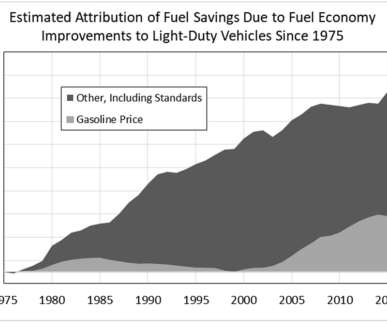





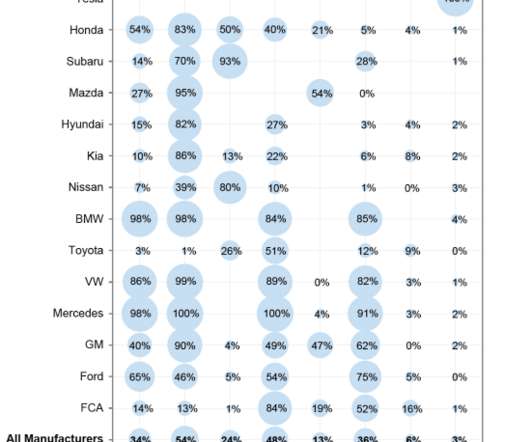




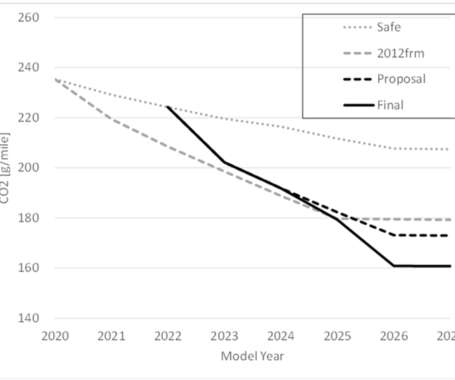






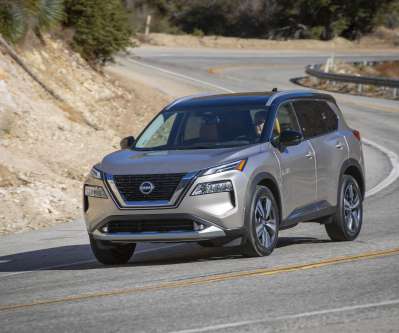



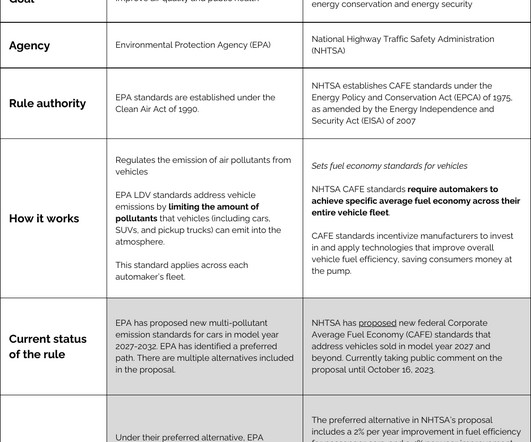















Let's personalize your content